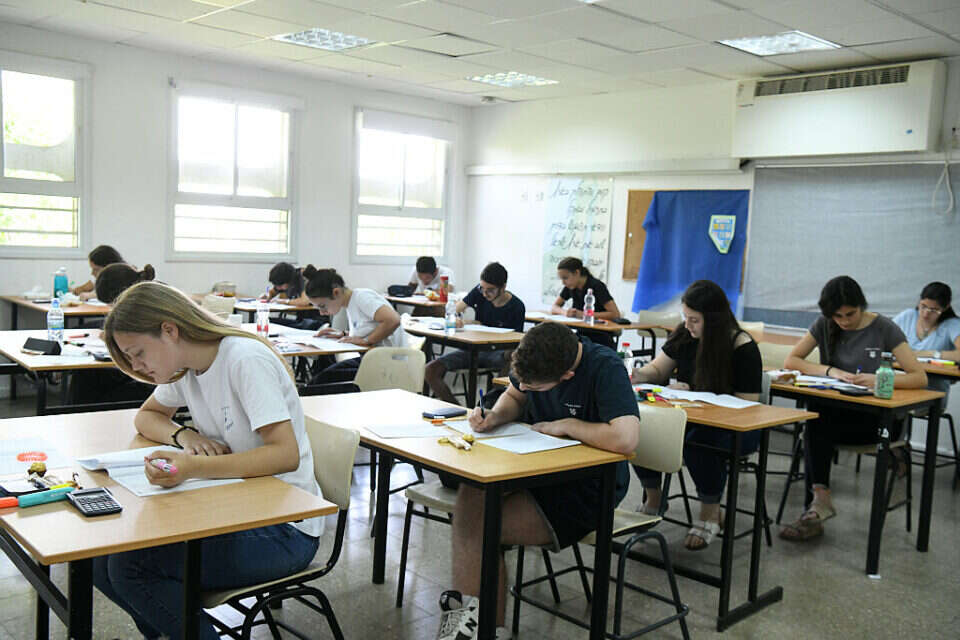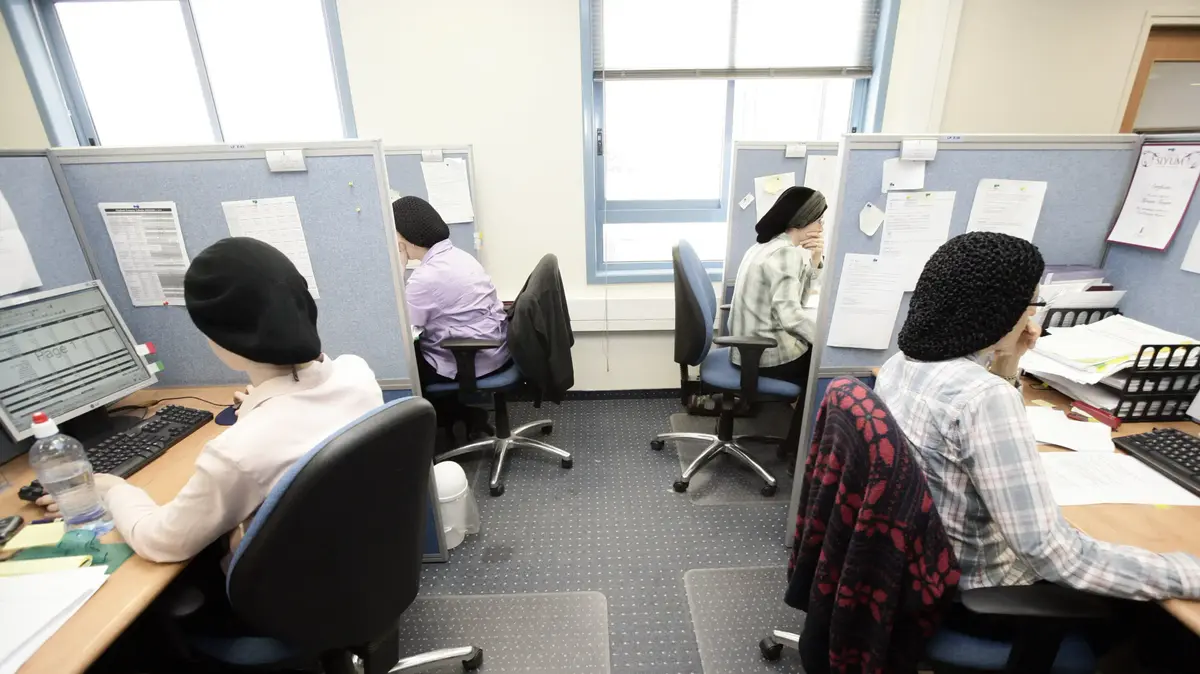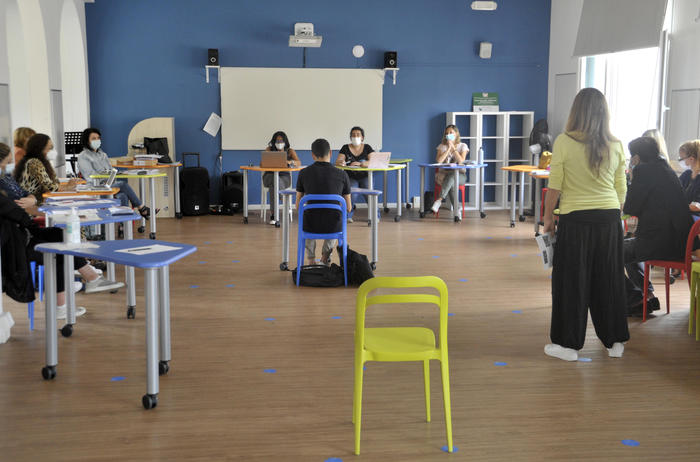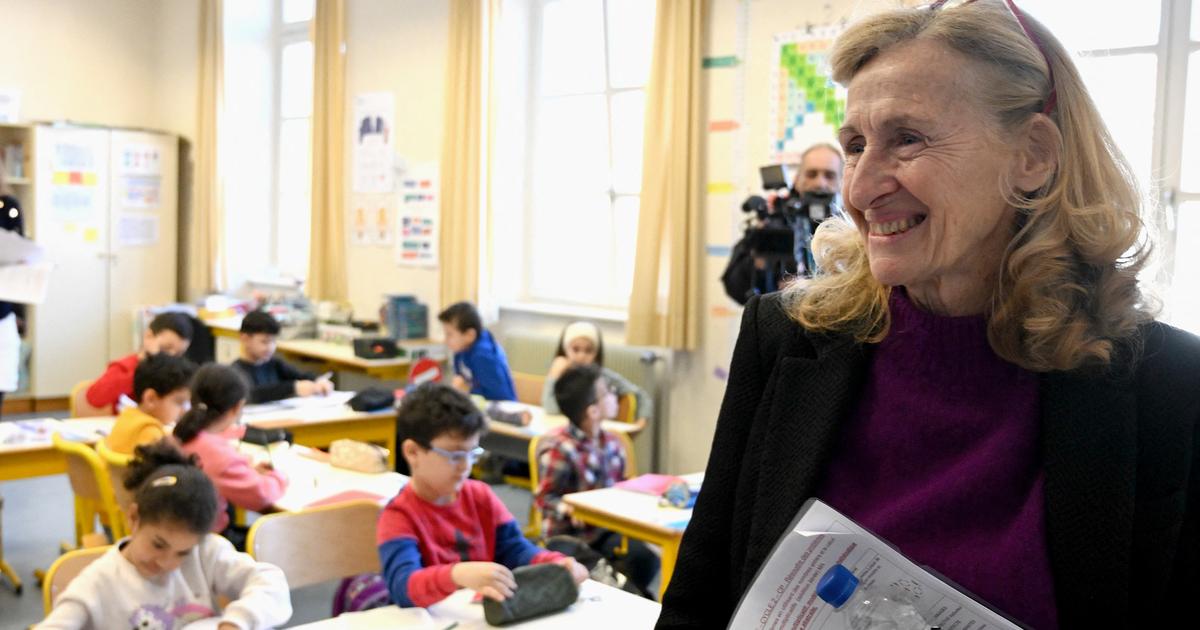Optimization or awkwardness? The change in the humanities:
The Ministry of Education is presenting at this time (Tuesday) the new matriculation reform that focuses on social and spiritual heritage.
As part of the reform, the external matriculation exams in the subjects of history, literature, Bible and citizenship will be abolished and students will submit papers instead. We will emphasize that the students will continue to take external matriculation exams in mathematics, language, English and one extended subject.
According to the plan, the works will be reviewed both by the school teachers and by external examiners and the students will have to be tested on them orally in the presentation as well.
The program will start operating from the next school year, 5733, among tenth-grade students.
Eleventh and twelfth grade students of 2003/04 and twelfth grade students of 2004/05 will continue in the current format of the matriculation exams.
As mentioned, next year (2003) when the students go up to the tenth grade, the courses, classes in the four subjects (history, literature, the Bible and citizenship) will begin, with each of the basic courses in the 4 subject areas being equivalent to 1.5 study units.
Each teacher who teaches them will choose one of the three ways of teaching.
This can be through re-learning, digital learning or learning through development-leading teachers.
Instead of the matriculation exam: basic assignments and documentary work
In addition to learning (which will provide 1.5 study units) an additional half unit in each of the subjects will be devoted to a concluding work that will cover 2 study units.
Students will begin work on the multidisciplinary concluding work starting in the 2004/05 school year (mid-end of 11th grade) and it will consist of 4 separate sections - history, literature, citizenship and the Bible.
It should be noted that every stream of education - state, state religious, state Arab and Druze - will have its professions and subjects.
As part of the work, students will work in a group of 2-3 partners, who will be able to explore a wide range of topics using 4 disciplines - literature, history, the Bible and citizenship. For example, they will be able to explore the topic of leadership. War, peace, terrorism and social issues.
The question of the topic will be examined in each of the 4 areas of knowledge, where it will require students to relate to texts using a range of skills, including: verbal literacy, critical thinking, creative thinking, digital literacy, information literacy, self-efficacy, group involvement and presentation ability.
Teachers object
It will be recalled that those who opposed the new plan of Education Minister Yifat Shasha Bitton are the teachers and the teachers' organization Baal Elementary.
Under the new reform, the concluding work will be accompanied by all four teachers of disciplines, with each teacher accompanying his or her own discourse chapter.
The work process of all four teachers will include a teacher who will be defined as "leading tomorrow".
Each student, individually, will write a concluding chapter for the work, expressing his or her position in light of the sources from which he or she learned.
Because the students will no longer be examined in the exam but will submit an assignment, the question of the grade and assessment arises on it.
The Ministry of Education says that the assessment of assignments in the basic courses will be carried out by the school only, when the ministry will carry out a sample control of this assessment.
That is, the final grade in the elementary courses in each of the areas of knowledge will be determined by the school.
As for the summary evaluation of the work, it will be assessed by an external examiner, with the grade of this work consisting of a school grade (50%) and an external evaluation score (50%).
The external evaluation score will consist of the written work evaluation and the oral presentation evaluation of the work.
That is, at the end of the writing of the multidisciplinary summary work and examination by the teaching staff of the school's MHR subjects, it will be submitted for external evaluation by the ministry.
In addition, the external assessment will also include an external external examination by an external examiner.
This evaluation will be made only at the end of the submission of the multidisciplinary concluding work.
Were we wrong?
Fixed!
If you found an error in the article, we'll be happy for you to share it with us








